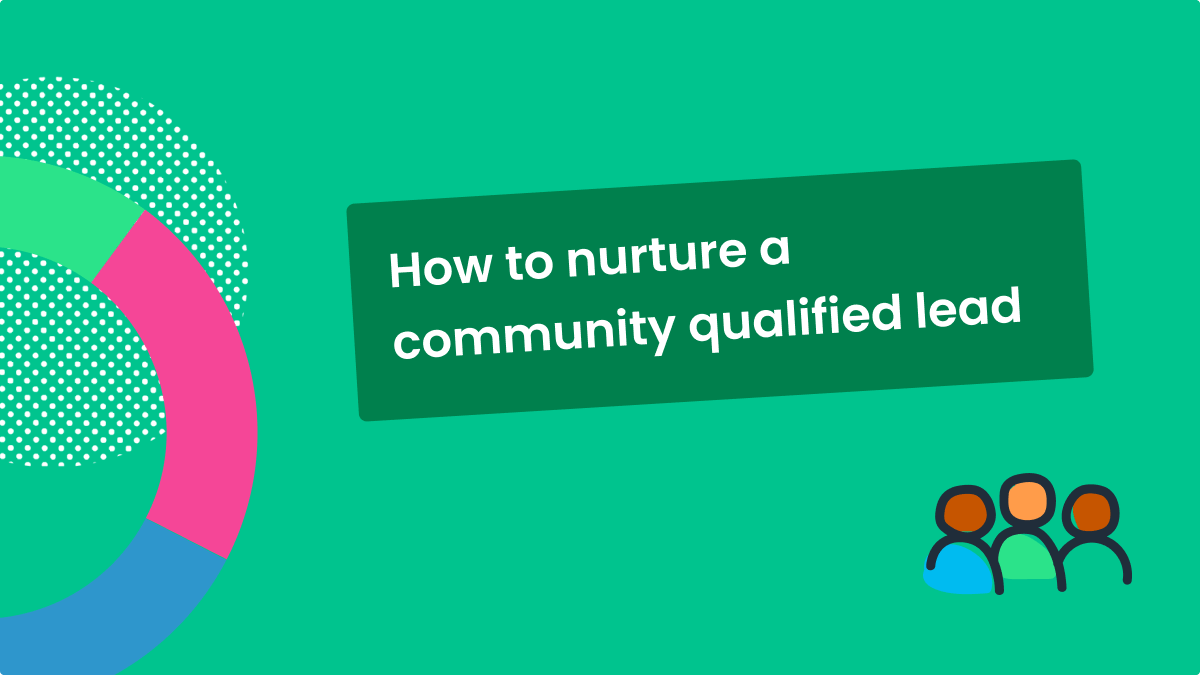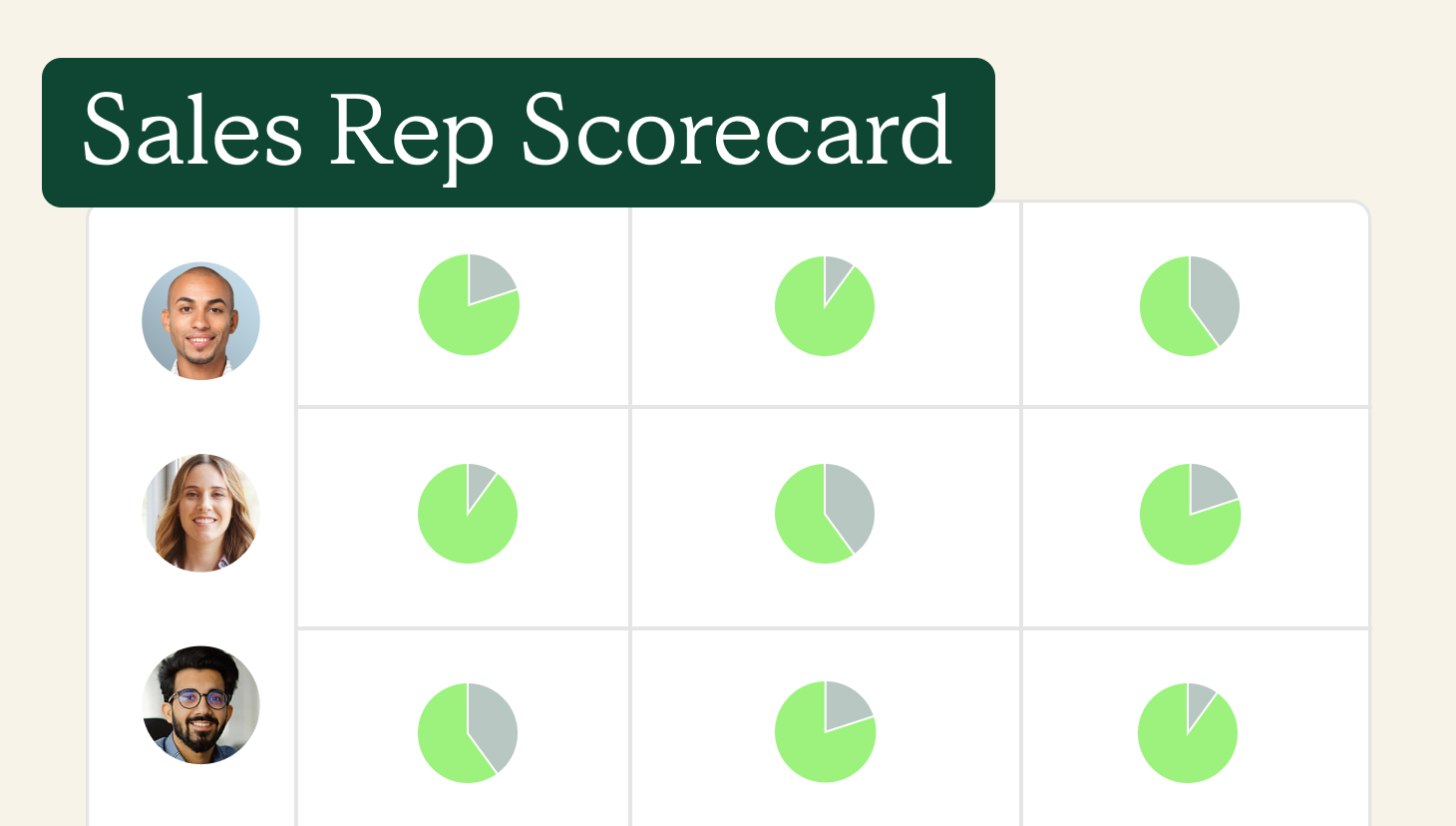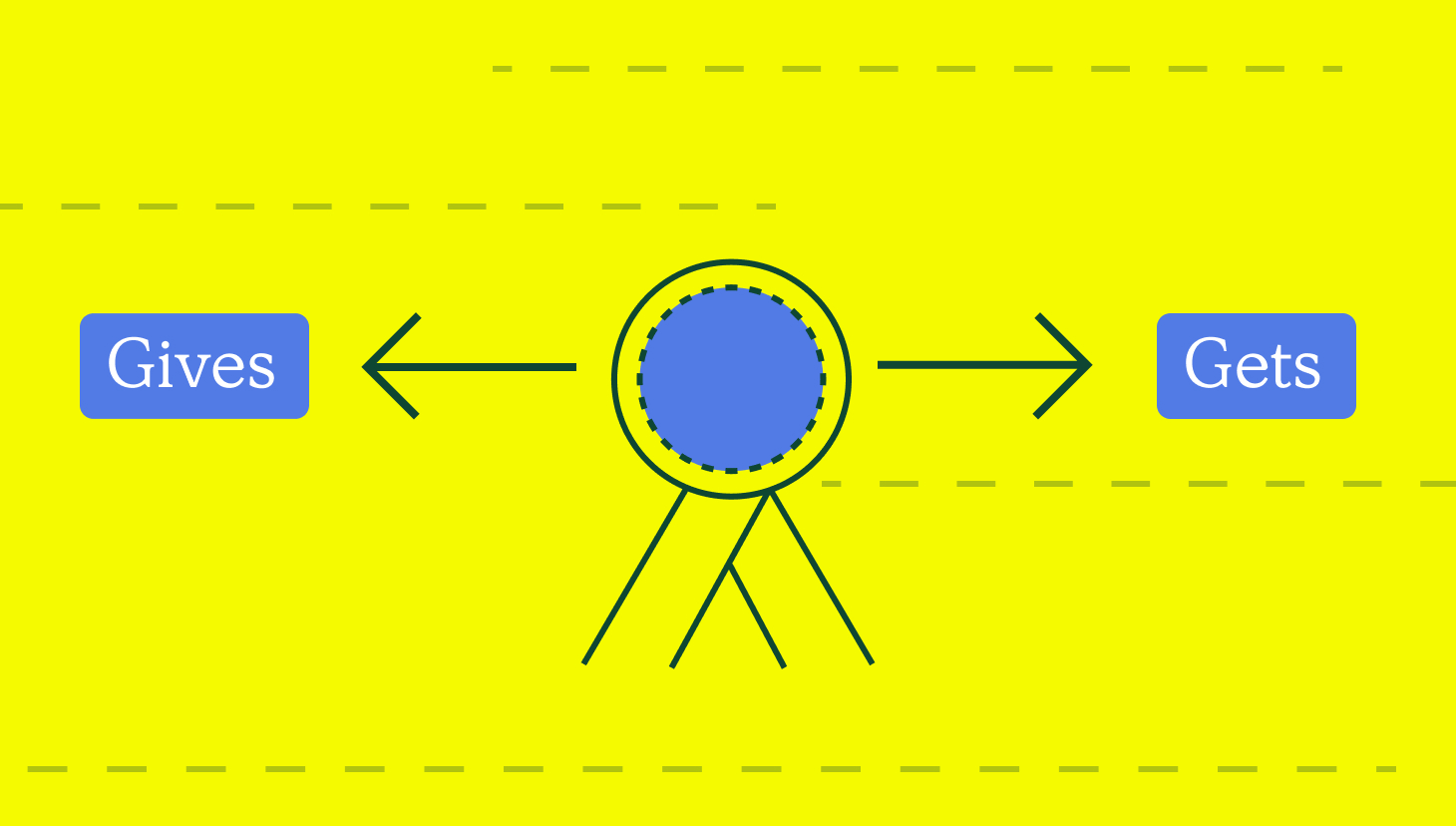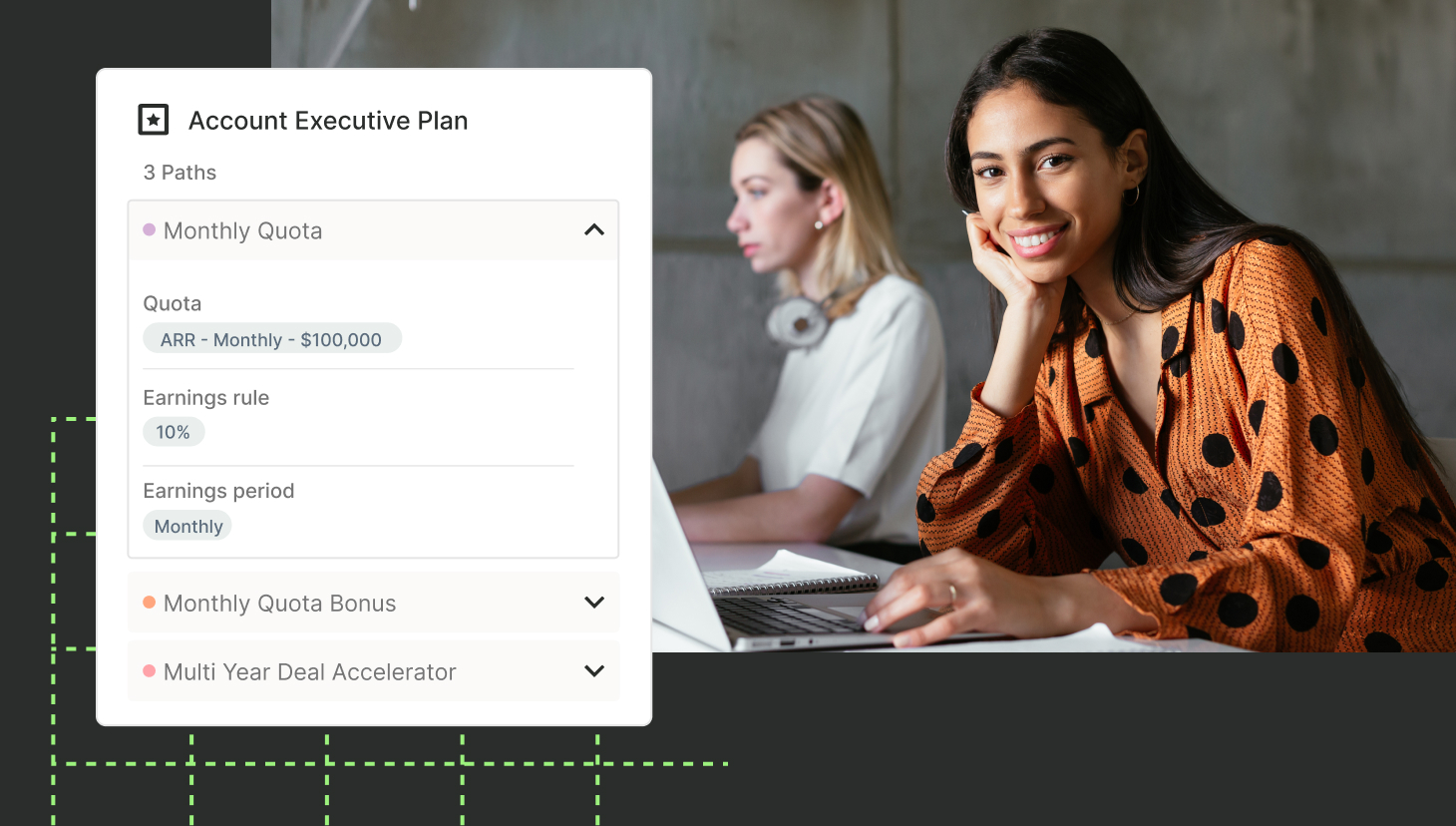Move over marketing qualified leads (MQL). Community-qualified leads (CQL) are the hottest new best practice for generating solid leads and brand evangelists.
According to this Community-Led Report, 22% of companies have developed community teams since 2020. These teams consist of cross-functional members of a company dedicated to providing resources and building relationships in communities where their buyers and customers are.
We’re big fans of this approach because it creates a space to build early, authentic relationships with those who fit within our ideal customer profile. That way, when the prospect is ready to talk to sales, they have already seen value from our company and aren’t coming in cold.
But don’t get too excited just yet! This form of engagement is only for the resilient.
CQLs require a long game to convert them to a closed-won deal.
Unlike MQLs, CQLs are not measurable. Plus, CQLs impact more than sales and marketing teams.
So, let’s break down what a CQL actually is.
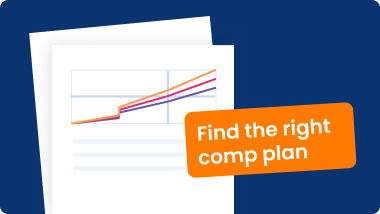
Compensation Hub
Discover, compare, and build compensation plans. Customize compensation models using 9 variables.
Find Compensation PlansFor instance, QuotaPath is a community partner in RevOps and Sales professional communities, such as RevOps Co-Op and Pavilion. We are active participants across their Slack channels and provide resources that directly relate to the sales compensation space, as well as other topics. Just last week we provided a community member with a sample RevOps Analysts’ job descriptions at their request.
Benefits of community-qualified leads to each department
Each department in a company can benefit from a CQL, but it can look different across teams.
Below, we break it down.
Human Resources
By engaging in a community, active members within can identify talent to join the business, either by referral or by members sharing they are open to new opportunities.
Product
User feedback steers product growth. Communities offer a space to receive both solicited and unsolicited user feedback, giving the product team an instant peek into how to prioritize their product roadmap. The product team can also leverage communities to identify beta testers.
Marketing
Communities set the perfect playground for case studies. Finding people who are willing to talk about their product experience is invaluable. From these case studies, it’s also easy to get a testimonial as well. Communities are also a great hub for finding guest writers. They’ll be able to create authentic content that speaks to the product and brand of the company. These people could be tapped to become an ambassador for the business, too.
Customer Success
Customer Success can lean on communities filled with customers to offer best practices and use cases of your product to future buyers and new customers. This creates more value for the product to power users offering support to those who seek it. Communities can also serve as a host for educational content and product FAQs.
Sales
It might be worth having a couple of your sales reps planted within the community. We recommend the reps who are best at establishing long-term relationships and are okay with a long sales cycle. Tell them the limits of what they can do within the community and what they should avoid.
For instance, many communities will deter companies from actively advertising their services and pitching their products. But, if a sales member is listening and providing helpful resources and answers to questions that come up, that’s all fair game.
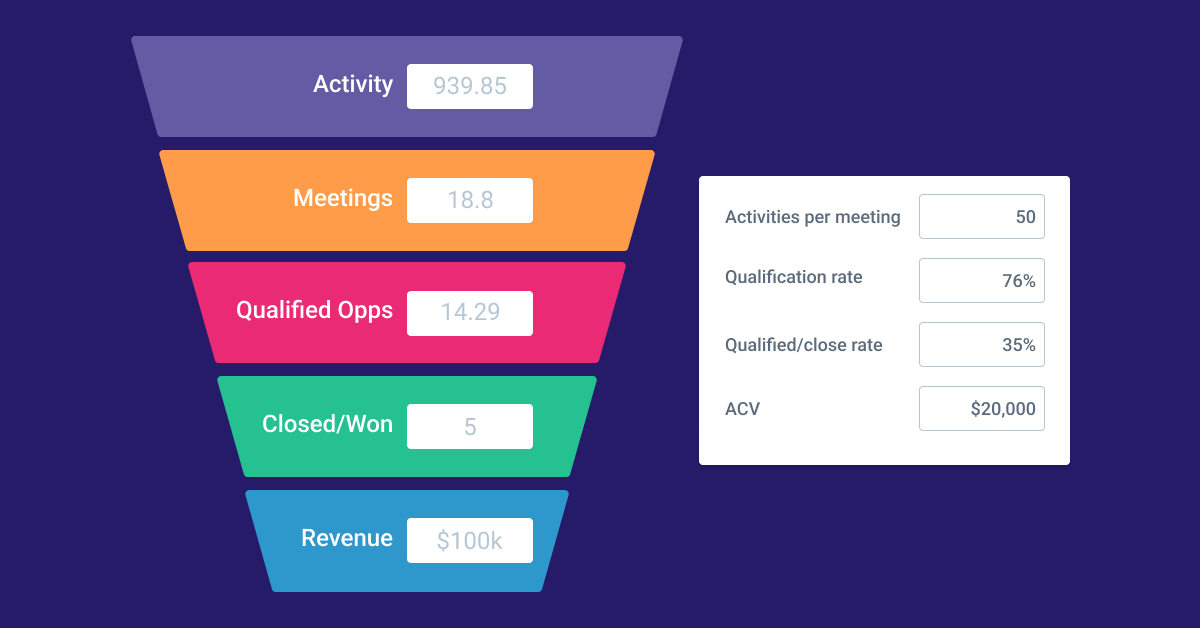
Build a Sales Funnel
Use our free sales funnel resource to see how many meetings your team needs to book to hit quota.
Calculate NowAccording to Commsor, community–led sales is a slow burn. The time in which a potential prospect hears about your business to when they first connect with a salesperson can take much longer than traditional sales.
Additionally, it’s helpful to understand who in the community is a prospect versus an existing customer. We recommend creating a shareable document that sales and marketing can reference that lists out the customers in each community.
This way, if someone asks about your product, you can tap into those customers you have solid relationships with to speak to their experience. Because, at the end of the day, your customers are your strongest sellers.
How QuotaPath thinks about community-led growth
While we have a growing business development team who nurture our MQLs before handing them off to sales, we also have invested in our CLG efforts.
In addition to Pavilion and RevOps Co-op, we participate in Modern Sales Pros, Wizard of Ops, and more. In these groups, we respond to compensation questions and consistently share content and free resources, such as Compensation Hub which includes a library of 20 adjustable sales comp plan templates and examples.
Other resources we share out and encourage you to check out:
- Sales Compensation Calculator (Includes an On-Target Earnings Planner, Sales Quota Planner, and Commission Rate Planner)
- Quota:OTE vs. Sales:Earnings Ratio Calculator (Use this tool to ensure your reps’ on-target earnings and quotas reflect what they’re bringing in for the business)
- Sales Funnel (Experiment with different close rates, average contract values, and activity numbers to see what’s right for your business, team, and individual goals)
